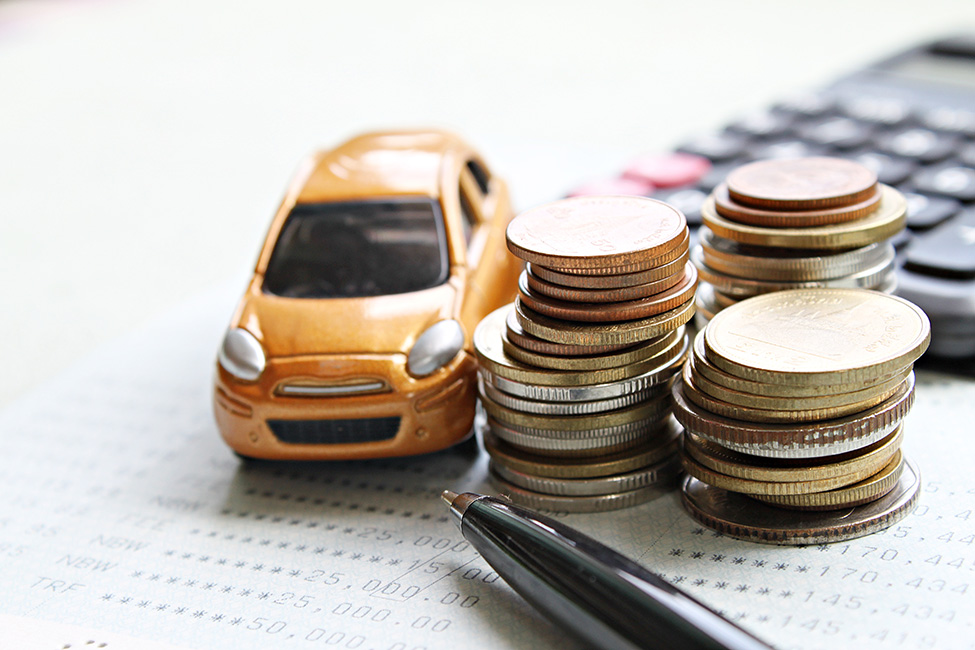What are the little do-it-yourself things you can do to save money?
What are the little do-it-yourself things you can do to save money?

©sureeporn/iStock
A well-functioning car's performance can often depend on the little things: regularly changed wiper blades and an air filter, a new battery, changing engine oil as necessary, periodically checking the oil level, etc... To save money, find out how to maintain your car yourself!
Change the wiper blades
It is recommended to replace your wiper once a year. Efficient wiper blades are essential for visibility and your safety on the road. Ensure you get new wiper blades that match the make and model of your vehicle. Remove the old ones by lifting the wipers and pressing down on the tabs holding them in place. Carefully slide the old blades out and replace them with the new ones. By changing the wiper blades on your car by yourself, you can save around £25 in labour costs.
Change the air filter
Every 20,000 kilometres, or at least once a year, it is recommended you change your car’s air filter. A clogged filter will stops= feeding the engine properly, increasing the air pollution while decreasing the vehicle’s performance. To find the filter model identical to the one in place, consult the manufacturer’s booklet. The air filter housing is located on top of the engine under the bonnet. Remove the cover and old filter and then insert the new one. Doing this little job yourself will save you the equivalent of fitting a new air filter, which is about £20.
Change the battery
Every five years on average, depending on how often you use your car, you should replace the battery with a new one. A car that takes longer to start than usual is a warning sign of a dying battery. If the battery has already been recharged several times and still struggles to perform, it means it’s time to change it. Get one that fits your vehicle and remove the old one, first by disconnecting the – side and then the +. To connect the new battery, do the opposite: first the +, then the -. You just saved yourself about £130!
Change the oil in the vehicle
An oil change requires changing the oil in your engine, a critical task, which is vital for keeping your engine functioning properly, primarily due to its lubricating effect. A red light will indicate when the oil level gets low. To determine the correct type of oil for your engine, consult your vehicle’s service booklet. Collect the oil in a pan and fill the tank with a funnel. Used oil contains various components that can harm your health and the environment, so only dispose of it in the special bins at waste disposal centres. An oil change at the garage can cost up to about £100, but buying your own oil shouldn’t cost more than roughly £40.
Check the various fluid levels
Brake fluid, cooling fluid, transmission fluid, power steering fluid, windscreen washer fluid… they are all essential for keeping your car running smoothly, so it is imperative to ensure you regularly check car fluids to ensure all of them are at the right level, and if necessary, replace them. Check your vehicle’s owner’s manual to locate the tanks under the bonnet. You should check the fluid levels every three months, or you can check every month if you drive a lot. If you do this by yourself, you can save the cost of a complete car overhaul, about £100 or more.
Replacing worn parts, changing the oil, changing the battery and topping up fluids are small things you can easily do yourself, but the annual savings are considerable!
Feel like getting away from it all?
See our suggestions for novel trips and must-see places to visit near your home or holiday destination.